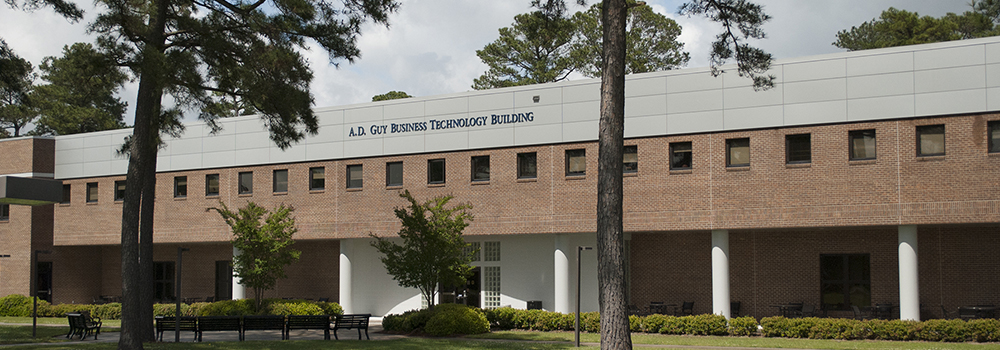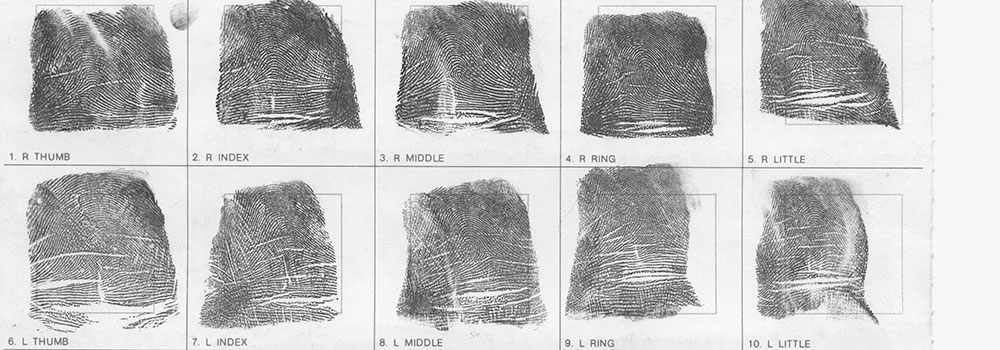
Criminal Justice Technology
The Criminal Justice Technology curriculum is designed to provide knowledge of criminal justice systems and operations. Study will focus on local, state, and federal law enforcement, judicial processes, corrections, and security services. The criminal justice system's role within society will be explored.
Emphasis is on criminal justice systems, criminology, juvenile justice, criminal and constitutional law, investigative principles, ethics, and community relations. Additional study may include issues and concepts of government, counseling, communications, computers, and technology.
Employment opportunities exist in a variety of local, state, and federal law enforcement, corrections, and security fields. Examples include police officer, deputy sheriff, county detention officer, state trooper, intensive probation/parole surveillance officer, correctional officer, and loss prevention specialist.
Coastal Carolina Community College offers an Associate in Applied Science Degree. The appropriate coursework is listed below.
Curriculum Pathways
Criminal Justice Technology-
Forensic Science
Forensic Science

Latent Evidence is a concentration under the curriculum of Criminal Justice Technology. This curriculum is designed to provide knowledge of latent evidence systems and operations. Study will focus on local, state, and federal law enforcement, evidence processing and procedures.
Students will learn both theory and hands-on analysis of latent evidence. They will learn fingerprint classification, identification, and chemical development. Students will record, cast, and recognize footwear and tire-tracks, and process crime scenes. Issues and concepts of communications and the use of computers and computer-assisted design programs in crime scene technology will be discussed.
Graduates should qualify for employment in a variety of criminal justice organizations especially in local, state, and federal law enforcement, and correctional agencies. The curriculum is designed to provide knowledge of criminal justice systems and operations.
Coastal Carolina Community College offers an Associate in Applied Science Degree. The appropriate coursework is listed below.
